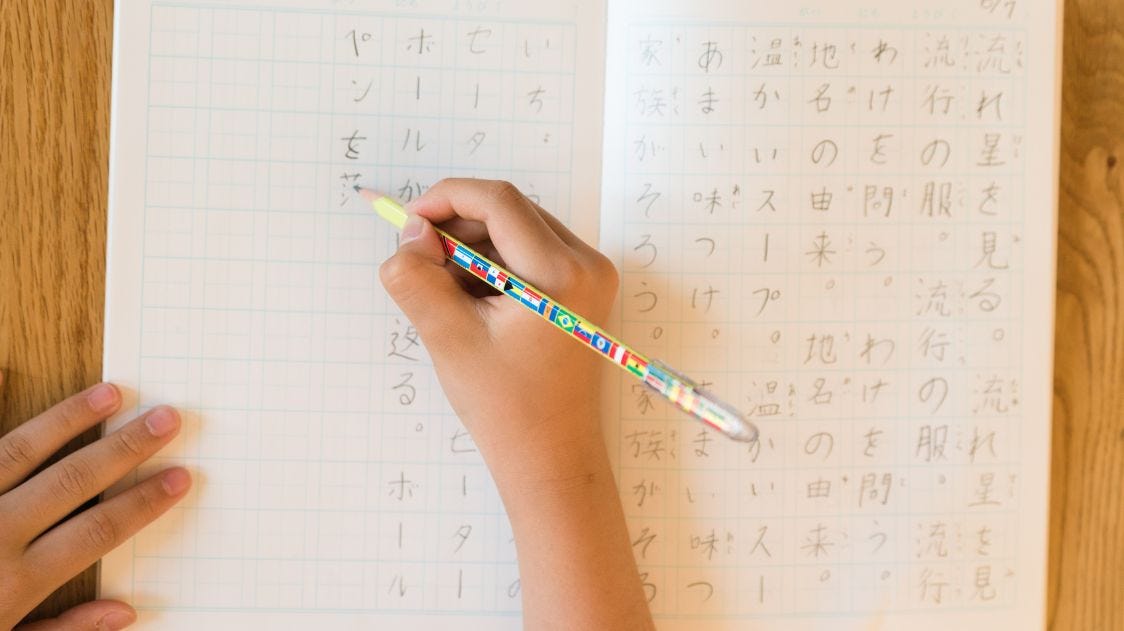7 Proven Strategies to Learn Japanese According to an Expert Japanese Teacher
Expert Insights: Top Tips for Learning Japanese
Japanese pop culture has gained immense popularity worldwide, sparking interest in Japan and its language. Whether for business, reading manga/ watching anime in its original form, or simply exploring the culture, more and more people are choosing to learn Japanese.
Learning Japanese can be a rewarding but challenging experience. I had to learn Japanese from the start and spend a few years on it, so I know how hard it can be. Several years later, I still have a lot to learn. If you’re starting your journey in learning Japanese, or you’ve been at it for a few months but feel like you need to improve, in this article I’m going to share with you 7 proven strategies to learn Japanese according to Kanami-sensei, lead Japanese teacher at Japademy, a Japanese language school popular for its 10-week Japanese Online Courses.
As more people turn to Japanese online courses and immersive Japanese language courses, the need for effective learning strategies becomes paramount. Here are some expert tips to help you master the language.
1. Focus on Hiragana and Katakana first
Before diving into kanji, it’s essential to start with the basics: Hiragana and Katakana. These two phonetic scripts form the foundation of the Japanese writing system. Mastering these characters early on will significantly enhance your reading and writing skills. Many Japanese language courses emphasize this step, making it easier for students to transition to more complex aspects of the language.
2. Practice speaking, not just reading and writing
Speaking is a crucial component of language learning that often gets overlooked. While reading and writing are essential, they shouldn’t be your only focus. Engaging in conversation is vital for developing fluency. The more you practice speaking, the more comfortable and confident you will become.
If you’re learning independently, signing up for an online Japanese course or taking some private lessons to practice would be helpful.
3. Make mistakes and learn from them
One of the main challenges many learners face is the fear of making mistakes. Don’t be afraid to make mistakes! One of the main problems I see with many friends and acquaintances in Japan is that they are so worried about using perfectly correct Japanese that they hesitate to speak for fear of making a mistake. But making mistakes is not bad. You can learn from them and improve your level of Japanese.
Instead of striving for perfection, focus on communicating and improving over time. Learning from errors can accelerate your progress and boost your confidence.
4. Be consistent with daily practice
Practice makes perfect, a saying that holds true, especially in language learning. Everyone has a different learning pace; some may be quicker than others, but consistency is critical. Whether it’s 30 minutes or a few hours, depending on your schedule, dedicate time each day to practice.
By being consistent and practicing every day, you’ll eventually master the language.
5. Engage with native speakers
Personally, one thing that helped me improve my Japanese quickly was working in a setting with native speakers and using the language every day to communicate.
Interacting with native speakers is one of the most effective ways to improve your Japanese. This doesn’t have to be limited to a formal work environment. Look for opportunities to practice speaking through language exchange partners, online conversation groups, or local meetups.
Engaging in honest conversations allows you to apply what you’ve learned in your Japanese language course, which helps solidify your understanding and boosts your skills. You’ll also gain insight into colloquial expressions and cultural nuances that textbooks overlook.







